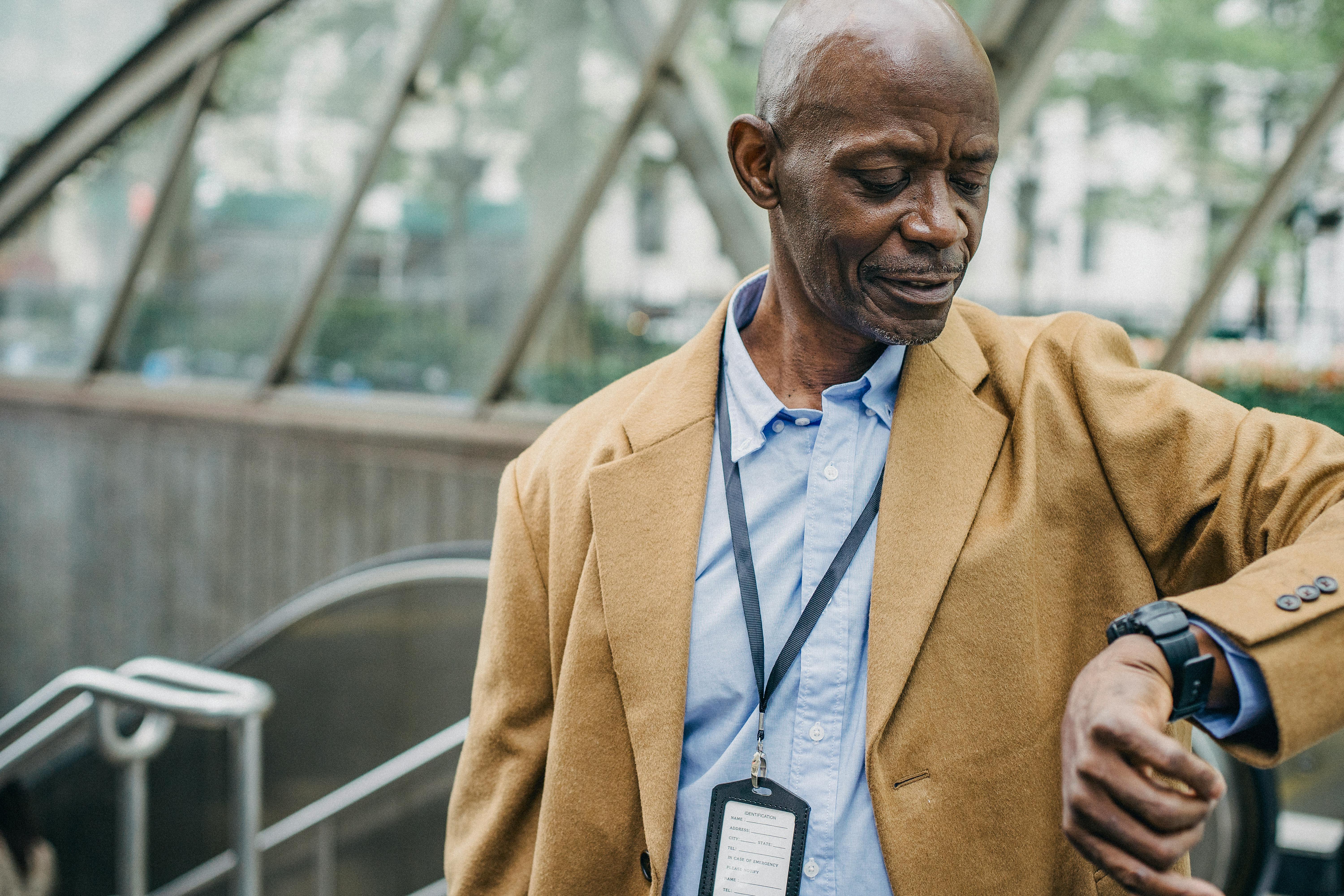Have you ever felt that sinking feeling when you hoped for the best in a situation only to see the worst come out? You optimistically anticipated a better result, but it didn’t come, and you were disappointed, in fact, shattered. Now what about the opposite situation; Didn’t you think about the possibility of a particular outcome only to be incredibly surprised and amazed at how it turned out?
Optimism and pessimism: Two attitudes as polar -in their extremes- as false one as the other. As Rudyard Kipling so well pointed out in his poem, “If”… “If you can get together with Triumph and Disaster, and treat those two imposters the same way”, Then, my son, you will be a man.
It seems that our attitude towards optimism and pessimism is crucial in shaping our character. We know implicitly that being optimistic is better, but somehow we find it hard to expect more than we ‘deserve’, or we don’t want to get our hopes up and crash against the rocks of life. I mean, how many times has this happened in your life? In mine, a lot!
How do we live our lives like this? Positive negative. The glass is half full, no, it’s half empty. Is there a time for both? The writer of Ecclesiastes[1] would make us think like this… “a time to cry and a time to laugh, a time to cry and a time to dance…”
Is there a time for optimism and a time for pessimism? Or is it about finding a better way, a way that suits the majority or more seasons of life—a more appropriate and balanced response to life, in general.
For mine, I believe that one cannot go from being pessimistically optimistic. This is an attitude that suits most situations. Perhaps it is an approach in which neither the positive nor the negative dominate, but the balance is available. He is circumspect, but grateful. You can see the worst, but hope for the best. You may not be disappointed, but you may be pleasantly surprised. He is grateful for ‘what is’.
I like to think of this as being able to see the worst, actually imagine it, and most importantly, agree before it arrives, but being able not to lose hope that something more positive will come. This requires a bit of courage, of course, as you are open to the torrent of emotions that comes with all of this, particularly when discussing on the scale of life’s major issues.
I like to think of it as the hopeful ‘good place’ of the real utopia; the spiritual, mental and emotional place to be. He is calm and humble, watchful and able to enjoy things for what they are. It is neither too happy nor too sad; it is the ideal of truth in response to life, an often cruel journey.
Will you rise to the challenge and bear the rich reward of courageously expecting little but wishing much? And can you encourage others to enter it? this serene sense of connection between head and heart?
© Steve J. Wickham, 2008. All rights reserved worldwide.
[1] Ecclesiastes 3:4.



